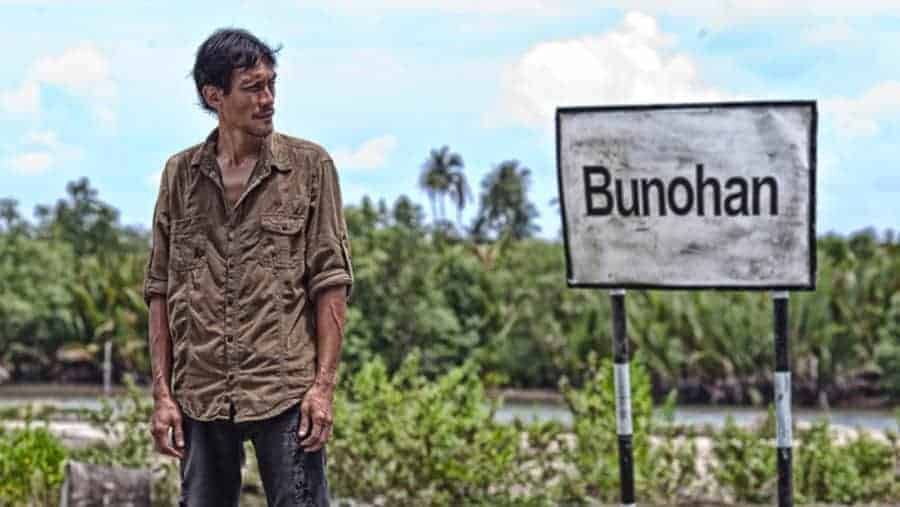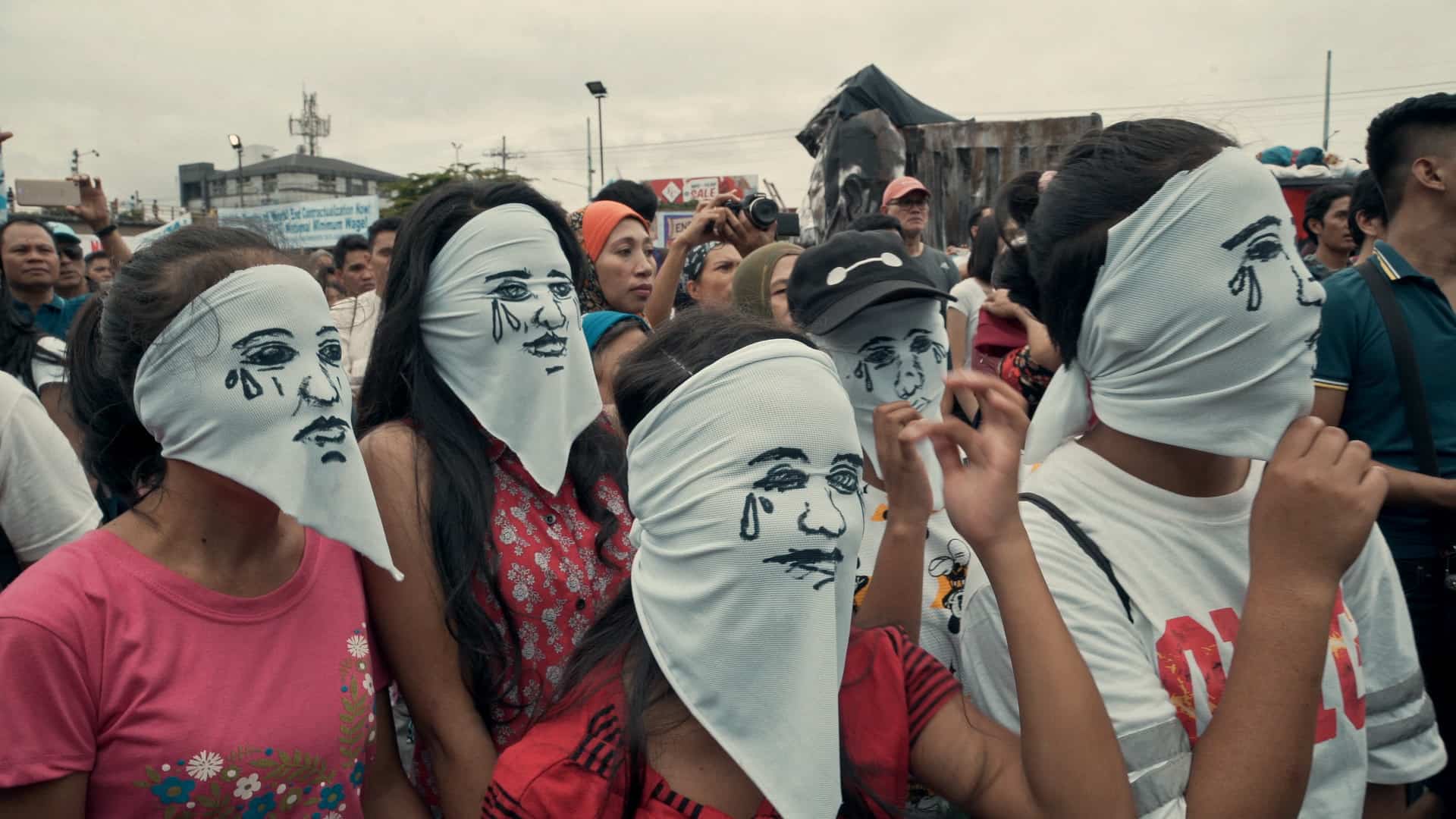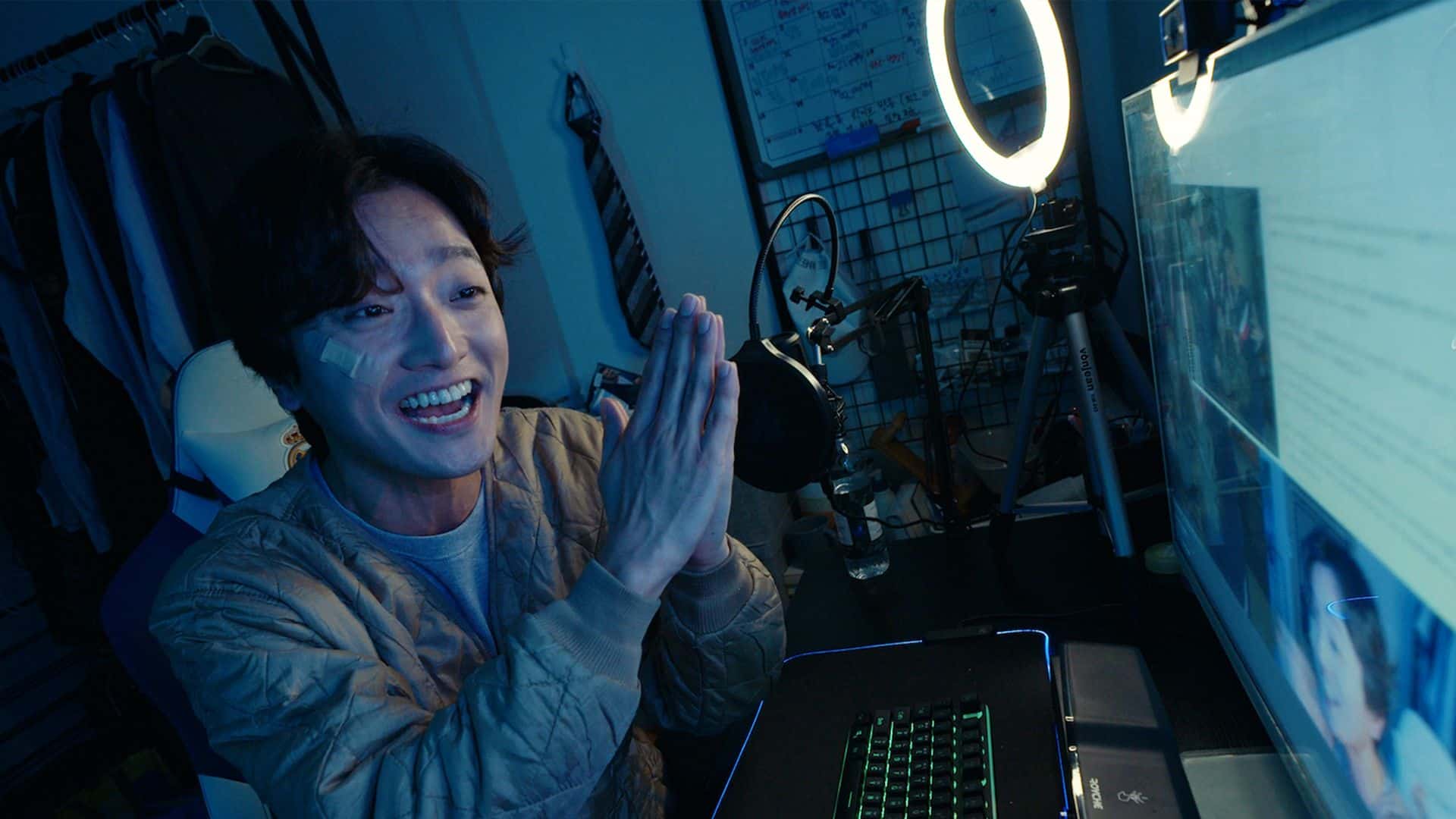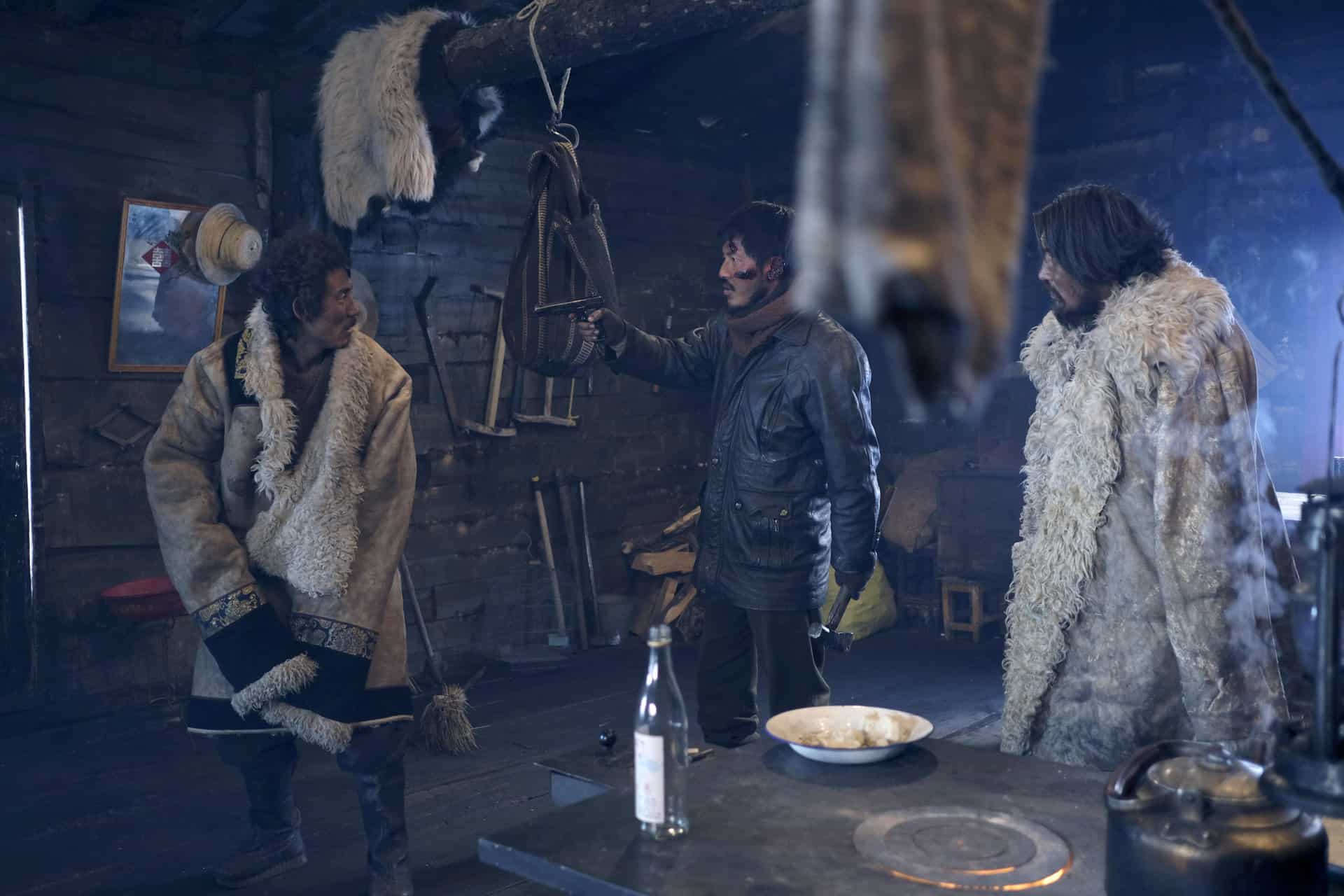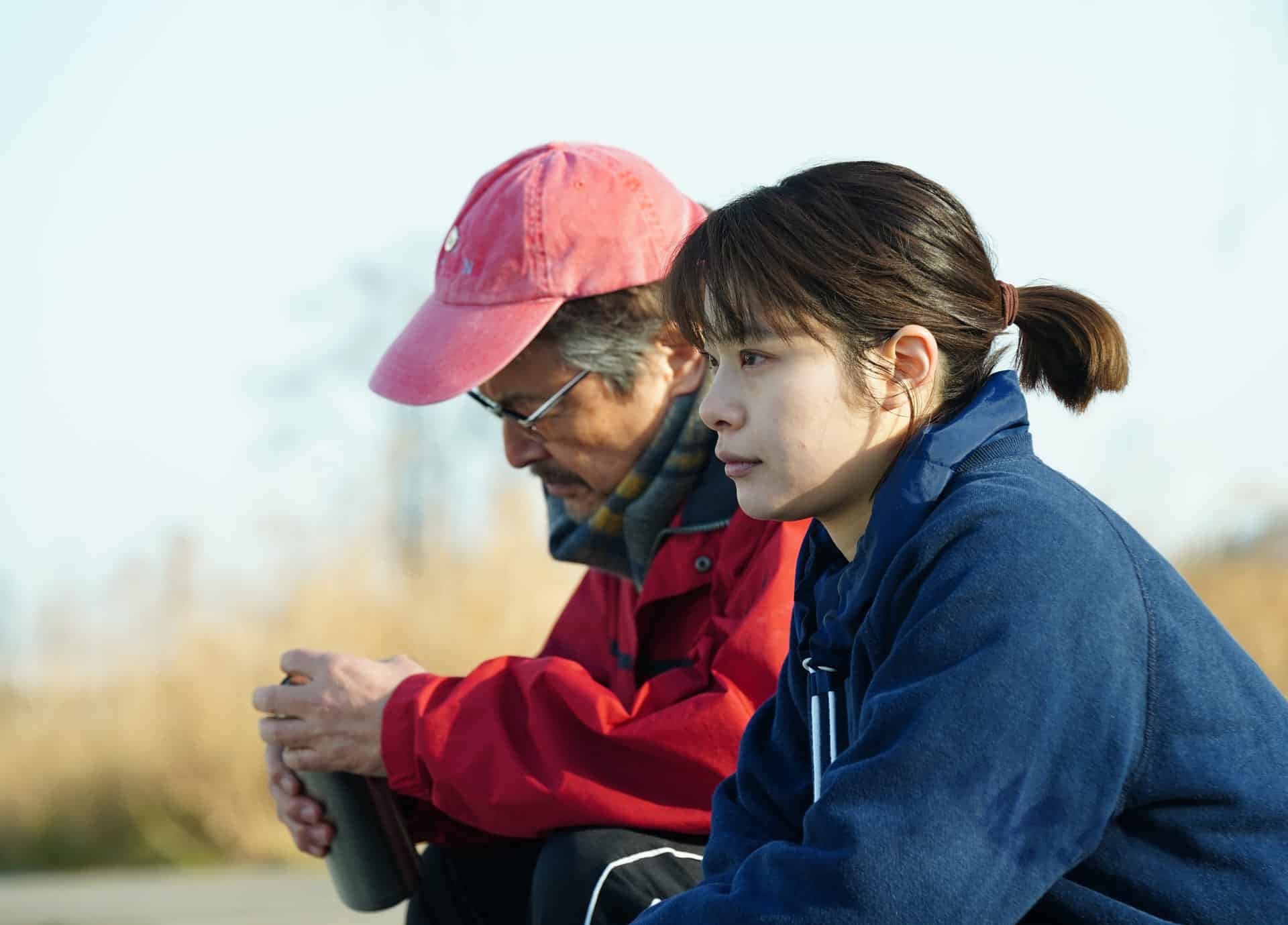Dain Iskandar Said's second feature was his most successful, premiering at Toronto in 2011, winning the NETPAC award from the Taipei Golden Horse Film Festival, becoming only the second film in the history of Malay cinema to be submitted to the Academy and winning eight awards (including Best Picture, Best Director, Best Story, Best Screenplay and Best Actor/Actress). Let us see what it is all about though.
Buy This Title
The film primarily takes place in the rural Malaysian town of Bunohan, which is located close to the Thai border. Adil is a young kick-boxer who has fallen deeply into debt, with little hope of paying his creditors honestly. In desperation, Adil agrees to an illegal high-stakes death match at a boxing club on the other side of the border, but in the midst of the fight, with Adil losing badly, his best friend Muski bursts into the ring and breaks up the match, dragging Adil away. This upsets the promoters of the fight, and Adil and Muski return to Bunohan, where Adil was born and raised. The promoter of the fight sends a hired killer, llham (Faizal Hussein), to find and execute Adil.
Ilham reluctantly goes to Bunohan. It is then revealed that he was born and raised in the place, but left many years ago. As Ilham narrows his focus on his target, he learns that he and the fugitive boxer are actually half-brothers. He then finds his mother's grave in a piece of land near the beach and starts digging for her remains to give her a proper burial. However, he later finds out that his estranged family is planning to sell the land to a large corporation from the city for a huge amount of money.

Meanwhile, after making his way back to his father's home in Bunohan, Adil discovers his long-lost elder brother Bakar has returned to look after their ailing father. Bakar, a successful young school teacher from the city has left his comfortable home in urban Kuala Lumpur and has also come home. Ostensibly, a highly educated and respectable young man, he is in reality a greedy and ruthless person, but his motives are not benevolent. Bakar is determined to claim ownership of his father's land, and has plans that will bring disrespect to his family and community. He is determined to convince his father to sell the burial ground to the construction company.
Dain Said directs a film that implements an unusual approach, lingering towards the magical (as dictated by superstition) realism, in order to present the harsh living conditions in the east coast state of Kelantan, in a number of socioeconomical comments that also mirror the situation of the whole of Malaysia.
Corruption and the fact that the Capital rules everything are the most obvious ones, in a film where various illegal acts occur continuously and the hand of the law is nowhere to be found. In that fashion, almost every one of the protagonists, and particularly the three half-brothers seem to be victims of the capital, directly or indirectly. Adil and the debt he has accumulated force him to do a number of things he does not want to, while Ilham is a slave to his boss, who has turned him into a killer for hire. Bakar is on the other side of the concept, since he actually benefits from money, but in essence, he is also a slave to his will to make more profits and to people who want to invest in the area.

Said places the blame for the situation to the people of the new generation, who have forgotten their past and the traditions of their ancestors, their roots in essence. This comment becomes rather obvious due to the bad turn their lives have taken after their relocation, despite the fact that their past was not exactly a happy one. In this last aspect, Said also places a fault to the previous generation, as embodied by the father of the family, whose ways are much in fault for his sons' current situation, and his efforts do not seem enough to change the situation.
Martial arts and kickboxing in particular, also have a central role in the film, with the scenes in the beginning and the ending being brutally realistic, although this aspect eventually ends up in the background.

Jarin Pengpanitch's cinematography is one of the production's best assets, with him capturing the beauties of the location with an artistry that results in images of extreme beauty and the actual situation of the area and its people with an almost brutal realism. H.K. Pance's editing induces the film with a strange pace, at times fast and at times slow, in resonance, though, with the slightly magical realism that dominates the narrative.
Zahiril Adzim as Adil, Faizal Hussein as Illham and Pekin Ibrahim as Bakar had the difficult task of portraying characters who are not likeable at all, although the first two manage to earn some sympathy through their life story and circumstances. In the case of Bakar not even this applies. Their performances however are quite good, with the one by Faizal Hussein being the one that stands the most out.
“Bunohan” is a strange but quite captivating film that highlights Dain Said's style and comments in the best fashion


